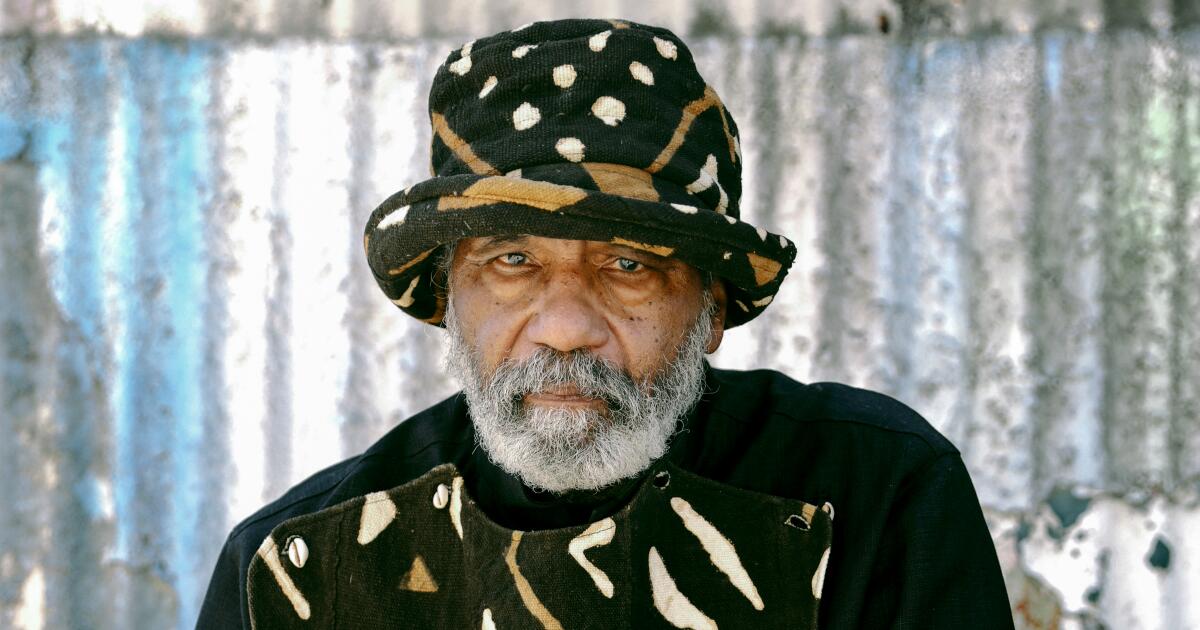FORT LAUDERDALE, Florida (AP) — Florida is gearing up for what could be its biggest evacuation in seven years as Hurricane Milton strengthens over warm waters and heads toward major population centers including Tampa and Orlando.
About 7 million people were urged to evacuate Florida in 2017 as Hurricane Irma bore down on the state. The exodus jammed freeways, led to hourslong lines at gas stations that still had fuel and left evacuees frustrated and, in some cases, vowing never to evacuate again.
Hurricane Milton was centered late Sunday night about 230 miles (370 kilometers) west-northwest of Progreso, Mexico, and 765 miles (1,235 kilometers) west-southwest of Tampa with maximum sustained winds of 90 mph (150 kmh), the National Hurricane Center reported.
While forecast models vary widely, the most likely path suggests Milton could make landfall Wednesday in the Tampa Bay area and remain a hurricane as it moves across central Florida into the Atlantic Ocean. That would largely spare other southeastern states ravaged by Hurricane Helene, which caused catastrophic damage from Florida into the Appalachian Mountains and a death toll that rose Sunday to at least 230 people.
Mexico’s Yucatan Peninsula, the Florida Peninsula, the Florida Keys and the northwestern Bahamas should monitor the system’s progress, the hurricane center said. Heavy rainfall was expected Sunday ahead of the hurricane and likely will then combine with Milton’s rainfall to flood waterways and streets in Florida, where forecasters said up to a foot (30 centimeters) of rain could fall in places through Wednesday night.
Building on lessons learned during Irma and other previous storms, Florida is staging emergency fuel for gas vehicles and charging stations for electric vehicles along evacuation routes, Kevin Guthrie, executive director of the Florida Division of Emergency Management, said at a Sunday briefing.
“We are looking at every potential, possible location that can potentially house someone, as what we refer to in emergency management, as a refuge of last resort,” Guthrie added.
Hurricane Milton is intensifying rapidly and will likely be a major hurricane before slamming into the storm-ravaged Gulf Coast midweek.
Florida Gov. Ron DeSantis said Sunday that while it remains to be seen where Milton will strike, it’s clear the state is going to be hit hard.
“I don’t think there’s any scenario where we don’t have major impacts at this point,” he said.
“You have time to prepare — all day today, all day Monday, probably all day Tuesday to be sure your hurricane preparedness plan is in place,” DeSantis said. “If you’re on that west coast of Florida, barrier islands, just assume you’ll be asked to leave.”
With Milton achieving hurricane status, this is the first time the Atlantic has had three simultaneous hurricanes after September, according to Colorado State University hurricane scientist Phil Klotzbach. There have been four simultaneous hurricanes in August and September.
The St. Petersburg-Tampa Bay area is still cleaning up extensive damage from Helene and its powerful storm surge. Twelve people perished as Helene swamped the coast, with the worst damage along the narrow, 20-mile (32-kilometer) string of barrier islands that stretch from St. Petersburg to Clearwater.
DeSantis expanded his state of emergency declaration Sunday to 51 counties and said Floridians should prepare for more power outages and disruption, making sure they have a week’s worth of food and water and are ready to hit the road.
“We are preparing … for the largest evacuation that we have seen, most likely since 2017, Hurricane Irma,” Guthrie said.
People who live in homes built after Florida strengthened codes in 2004, who don’t depend on constant electricity and who aren’t in evacuation zones should probably avoid the roads, Guthrie said.
All classes and school activities in St. Petersburg’s Pinellas County preemptively closed Monday through Wednesday as Milton approached. Officials in Tampa opened all city garages free of charge to residents hoping to protect their cars from floodwaters, including electric vehicles. The vehicles must be left on the third floor or higher in each garage.
As many as 4,000 National Guard troops are helping state crews to remove debris, DeSantis said, and he directed Florida crews dispatched to North Carolina in Helene’s aftermath to return in preparation for Milton.
“All available state assets … are being marshaled to help remove debris,” DeSantis said. “We’re going 24-7 … it’s all hands on deck.”
FEMA Administrator Deanne Criswell defended her agency’s response to Hurricane’s destruction after Republicans’ false claims, amplified by former President Donald Trump, created a frenzy of misinformation across devastated communities.
“This kind of rhetoric is not helpful to people and it’s really a shame we’re putting politics ahead of helping people,” Criswell told ABC’s George Stephanopoulos. It has created fear and mistrust among residents against the thousands of FEMA employees and volunteers on the ground across the southeast, she said.
Despite this, Criswell said the agency is already preparing for Milton, well before it’s clear exactly where the storm will move across the Florida peninsula this week.
“We’re working with the state there to understand what their requirements are going to be, so we can have those in place before it makes landfall,” she said.
Federal disaster assistance has surpassed $137 million since Helene struck more than a week ago, one of the largest mobilizations of personnel and resources in recent history, FEMA said Sunday.
Some 1,500 active-duty troops, more than 6,100 National Guardsmen and nearly 7,000 federal workers have been deployed, shipping more than 14.9 million meals, 13.9 million liters (3.6 million gallons) of water, 157 generators and 505,000 tarps, along with approving more than $30 million in housing and other types of assistance for over 27,000 households, according to FEMA, the White House and the Department of Defense.
More than 800 people unable to return home are staying in lodging provided through FEMA and 22 shelters are still housing nearly 1,000 people as mobile feeding operations continue to help survivors. The response to Helene won’t let up during Milton and its aftermath, because FEMA has the capacity to address multiple disasters simultaneously, the agency said.
“My Administration is sparing no resource to support families as they begin their road to rebuilding,” Biden said. “We will continue working hand-in-hand with local and state leaders — regardless of political party and no matter how long it takes.”










































